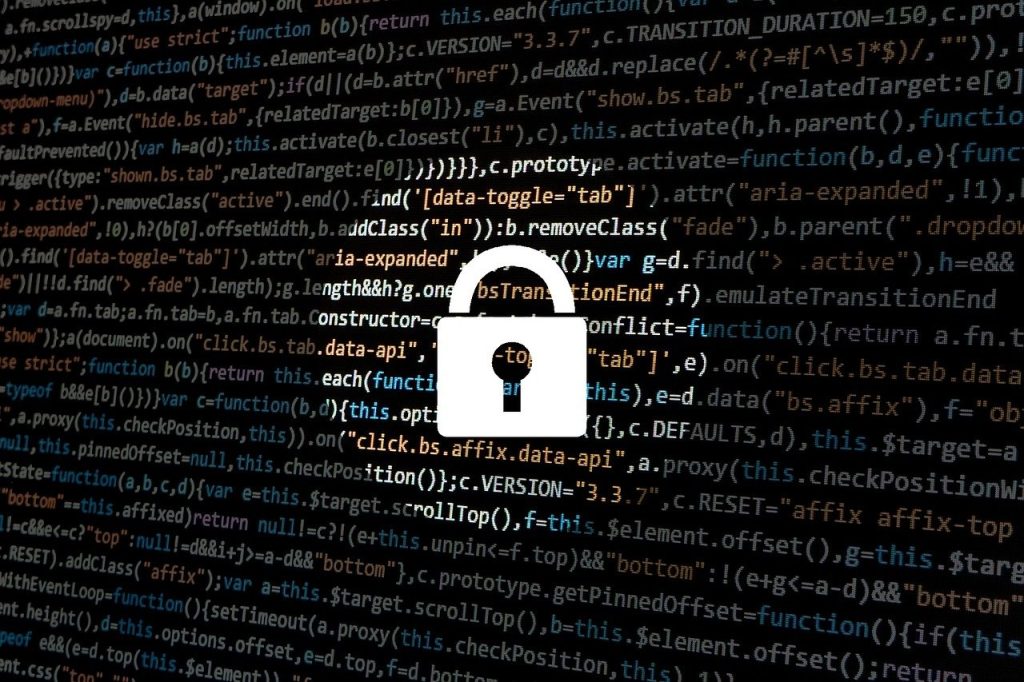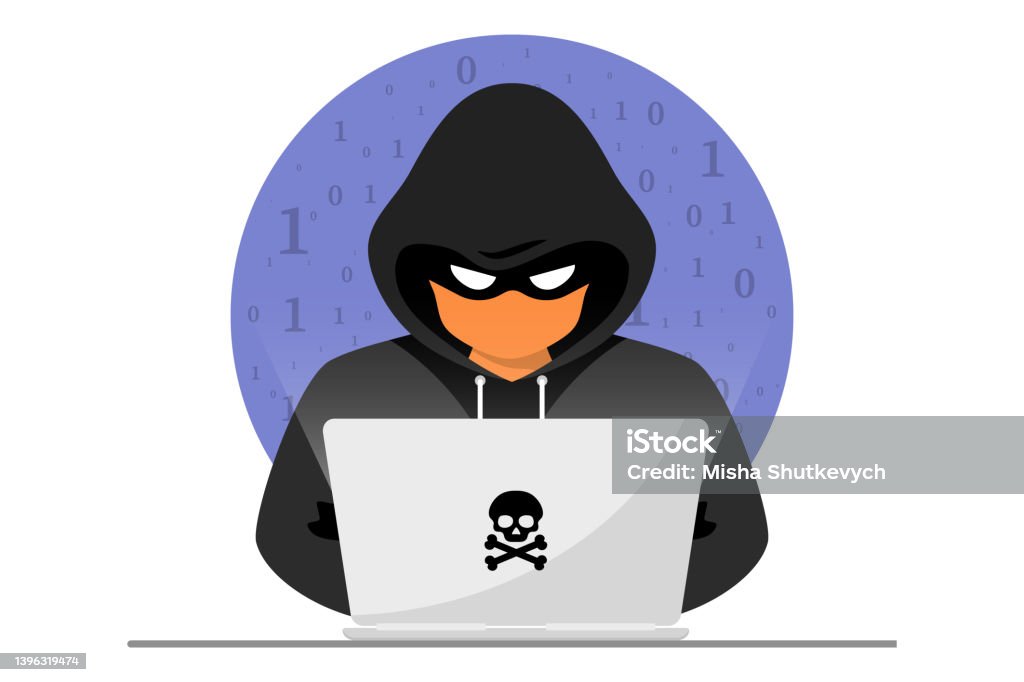Description: This is a post explaining the difference between ethical or legal hacking done by cyber specialists and illegal/unethical hacking done by cybercriminals. If this doesn’t interest you, try checking out some of my other posts and works.
I’m sure all those who will read this blog post have heard the word “hacking” before. Hacking is a word almost everyone knows. So whether you know it from a TV show, movie, learned about it in school, or were hacked yourself, hacking, more so the illegal practice of it, is a word almost everyone with a device knows. Hacking is portrayed to be destructive and bad. An example being enemy spies hacking into government servers and stealing classified information, but are all types of hacking bad? Technically, no. There is a difference between the unethical hacking you hear on the news or see on tv and the ethical hacking that is used to prevent such destructive uses of code. In this blog, we will explore more in depth the differences between ethical and unethical hacking and a prominent figure of each type.

Ethical Hacking
Ethical hackers, otherwise known as “white hat” hackers, are people who use their knowledge of malware and malicious software to find security vulnerabilities in the information the company or organization is trying to protect. These hackers find positions in cybersecurity or gain government contracts so that they have permission to perform security assessments to find exactly what vulnerabilities or whole the software protecting the sensitive data has. Some of the most common vulnerabilities found in these assessments are; injection attacks, broken authentication, security misconfigurations, and/or sensitive data exposure. They not only identify the problem(s) but also provide solutions to fix them, selling their services and typically malicious hacking skills as a way to secure data rather than using it unethically like cybercriminals would. Many official institutes such as University of Colorado System, New York University, IBM, and more offer ethical hacking courses.
Famous Ethical Hacker
A famous ethical hacker is Mark Abene, better known by his pseudonym Phiber Optik. Mark was one of the first ethical hackers to speak out about the possible benefits ethical hacking can have on securing the ever growing use of digital information. Having been a part of the “Legion of Doom”, a gray hat hacker group between the 1980’s and 2000’s, Mark gained and grew his knowledge of hacking and decided that there is good to come out of it, spending time as a security consultant for businesses. After some years as a security consultant, he joined forces with former Legion of Doom member Dave Buchwald and a third colleague, Andrew Brown, to create the security consulting firm Crossbar Security.
Information about Mark Abene taken from these sites:

Unethical Hacking
“Black hat” hackers are malicious hackers. These are the people that break into secured systems and try to steal information to use for harmful or selfish reasons. Black hat hackers will do anything to gain unauthorized access to your or an organization’s information, many of them not afraid of psychology and emotional manipulation to trick you into giving them your info. Many hackers use basic scamming techniques such as phishing emails and DDoS attacks to trick you into inviting their malware onto your computer to take your data or keep you locked out. Some of the most common hacking techniques include; Botnets, Ransomware, and Trojan horse viruses.
Famous Unethical Hacker
A notable black hat hacker is Kevin Mitnick. Kevin was arrested, his sentence being 12 months of jail time and three years of supervised release for breaking into DEC’s computer network and copying their software. Near the end of his supervised release, Mitnick hacked into Pacific Bell voicemail computers. “Mitnick fled after a warrant was issued for his arrest, becoming a fugitive for two-and-a-half years,” during which he gained unauthorized access to dozens of computer networks according to his WIKI page, “Kevin Mitnick.”
